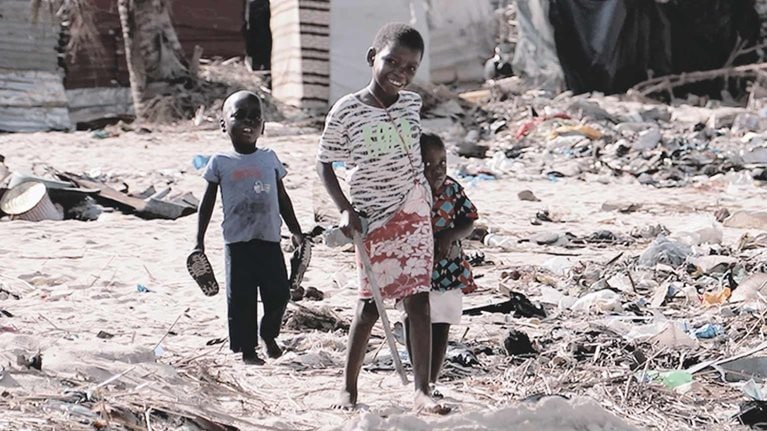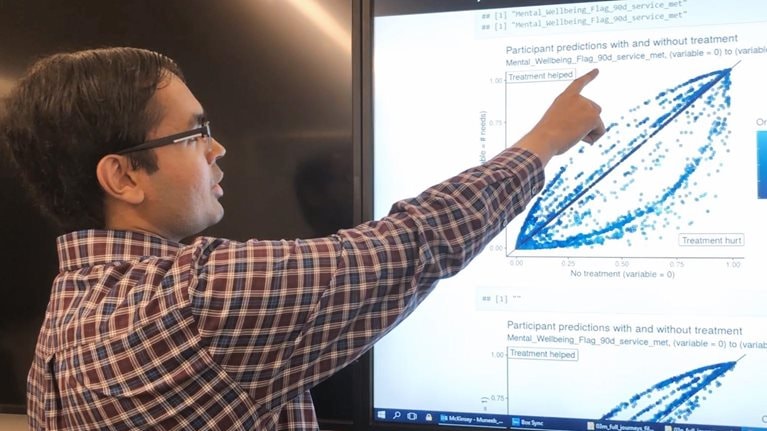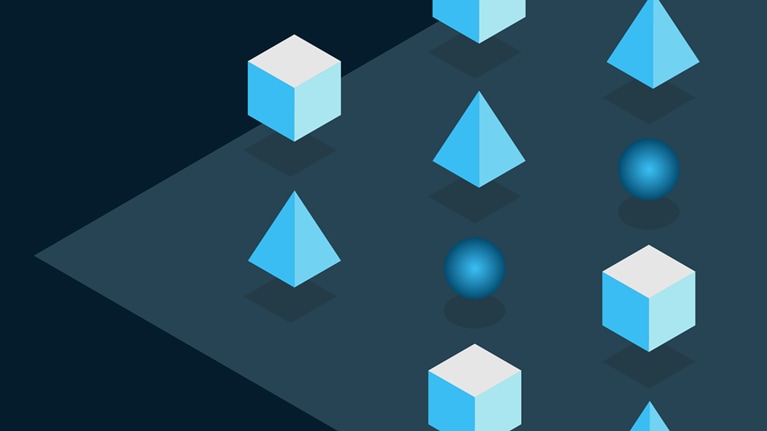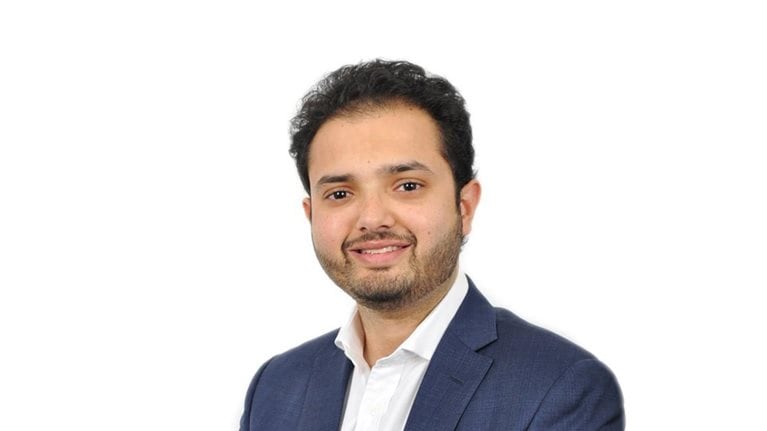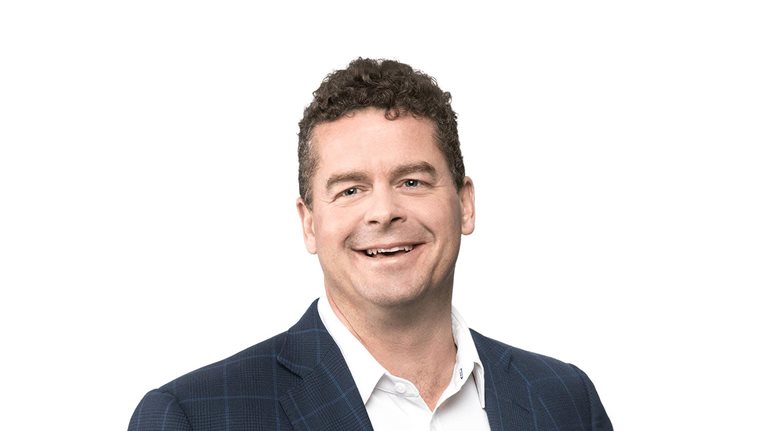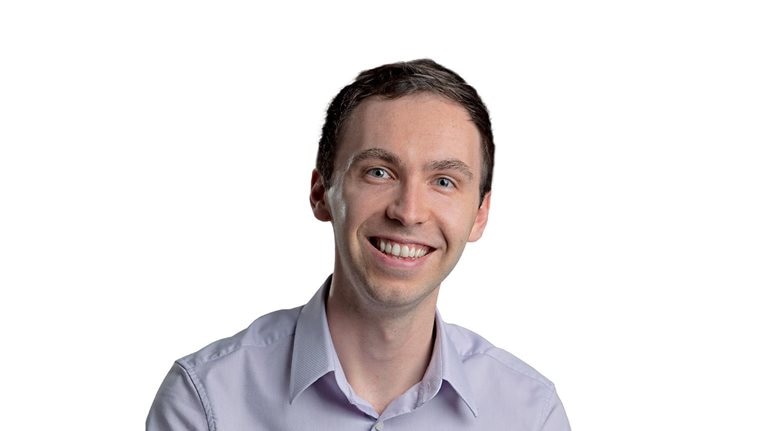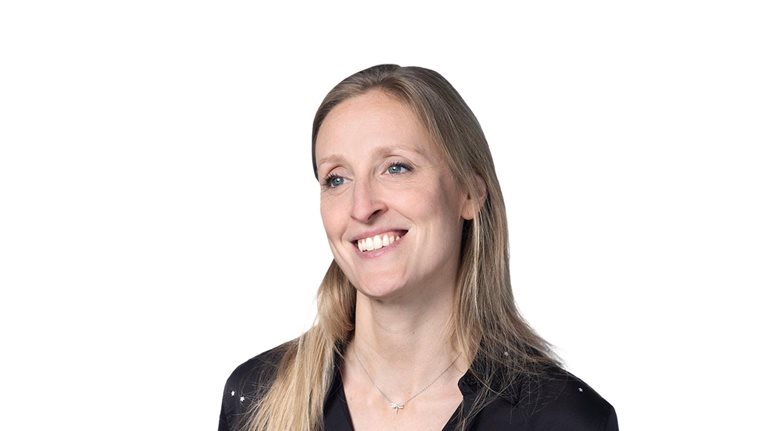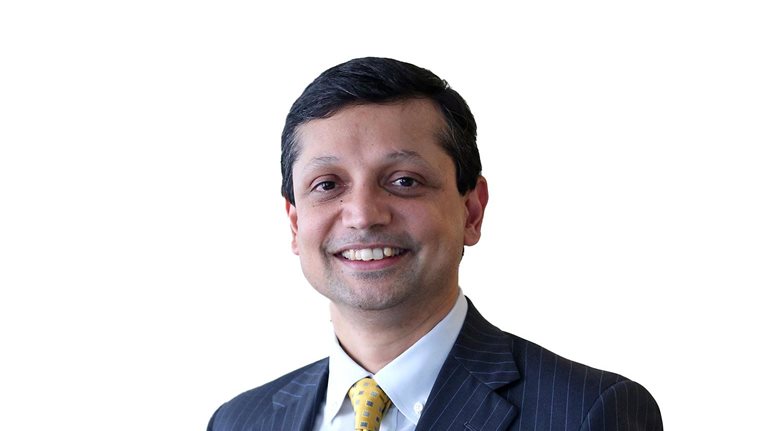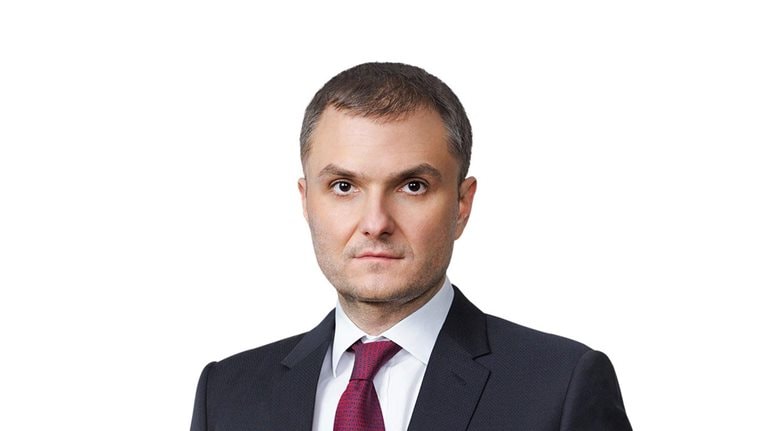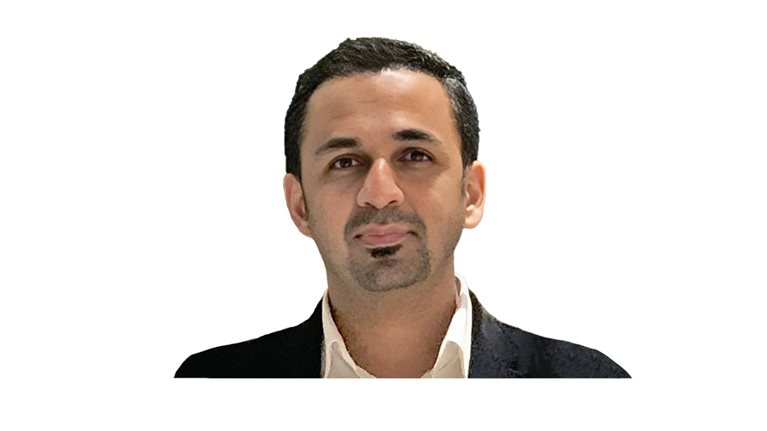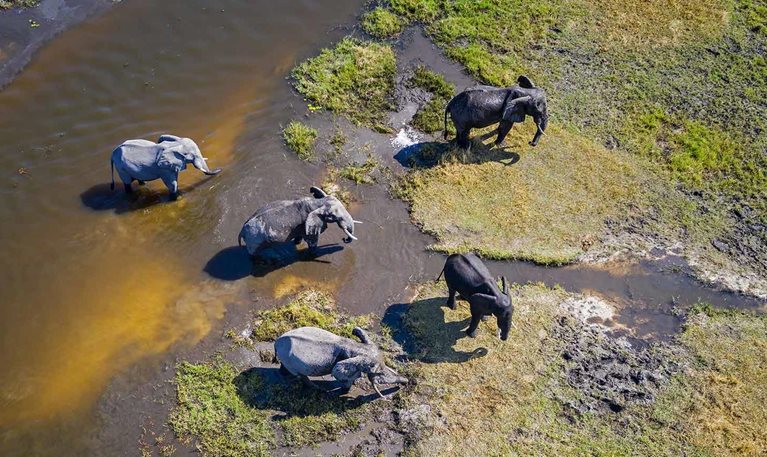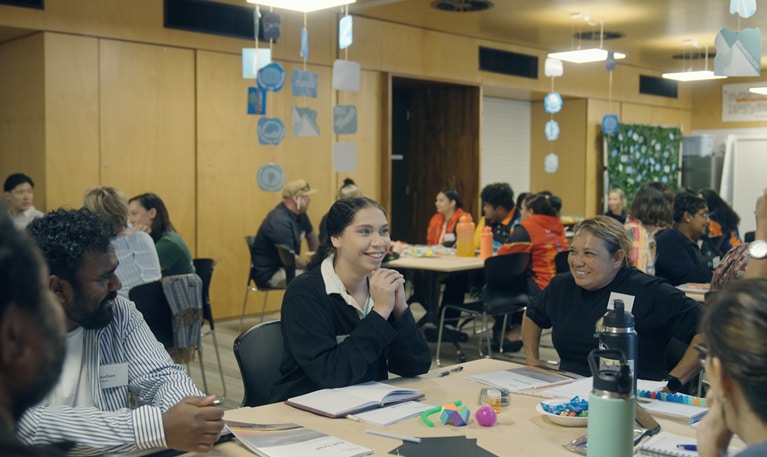Artificial intelligence (AI) is one of the defining forces shaping our collective future. At McKinsey, we believe AI can be a powerful instrument for social good when designed and deployed responsibly. Noble Intelligence, an initiative by McKinsey & Company, mobilizes AI, analytics, and deep domain expertise to create or identify proven innovations and systematically scale them as digital public goods. Working with nongovernmental organizations, respected think tanks, and industry leaders, Noble Intelligence translates cutting-edge technology into practical solutions that deliver measurable impact at scale, advancing the United Nations’ Sustainable Development Goals.
Together with UN DISHA (Data Insights for Social and Humanitarian Action), Noble Intelligence enables faster and more effective disaster response by using the AI-driven damage assessment and socio-economic mapping solutions. These capabilities support humanitarian organizations across multiple disasters and help accelerate decision making in high-need contexts. In education and workforce readiness, Noble Intelligence partners with Junior Achievement to deliver Pitch Master, a generative AI-powered communications coach, designed to strengthen students’ oracy and entrepreneurial skills. The solution has been piloted across multiple geographies, with a clear pathway to global scale.
Across these initiatives, Noble Intelligence demonstrates how AI, when used ethically, responsibly, and in close partnership with mission-driven organizations, can help improve outcomes for communities at scale worldwide.


